#PlasticShame: Are supermarkets using an unnecessary amount of plastic for fruit and vegies?
It’s a common gripe for many Aussie grocery shoppers, yet the issue is still prevalent in supermarkets across the country.
It’s been one year since the Great Australian Plastic Bag Scandal — that is, that brief but bizarre period when half the nation kicked up a stink because supermarkets announced they would be phasing out single-use plastic bags.
But excessive packaging continues to plague the grocery sections of our stores, where fruit and vegetables are often still packed up in plastic boxes and seals.
It's nothing new but continues to be a common gripe for environment-conscious shoppers to see everything from carrots to kale sealed up:
Do better @Coles ... #plasticshame pic.twitter.com/RnACUKJIzd
— Roz Kelly (@Roz_Kelly) June 29, 2019
Why does it seem that at the same time it got rid of single use plastic bags, @woolworths vastly increased the amount of pointless plastic on fruit and veg? Shame! #WarOnWaste #ReduceReuseRecycle pic.twitter.com/9AmYEYnQhc
— Megan Prictor (@MeganPrictor) June 29, 2019
@woolworths ditch all the plastic! This is so bad for the environment and I won’t buy food this way. It’s totally OTT! pic.twitter.com/f2yRbGVHku
— Nadia David (@nadiadavid) June 24, 2019
Last week, news.com.au reported on pre-chopped onions being sold in plastic packaging at Coles and Woolworths.
A quick scan of major Australian supermarkets shows they are still going heavy on the plastic, particularly for bulk packaging and reduced-price items.
In some cases, even food items that already have a protective skin, like bananas and avocados, are covered in layers of plastic.
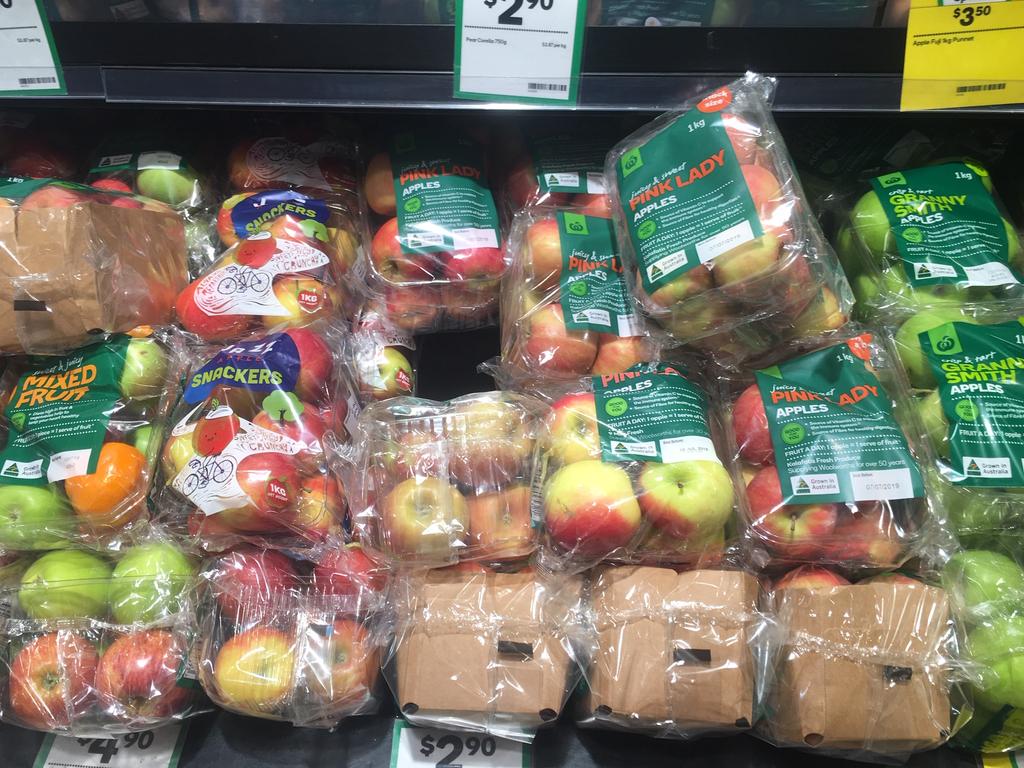
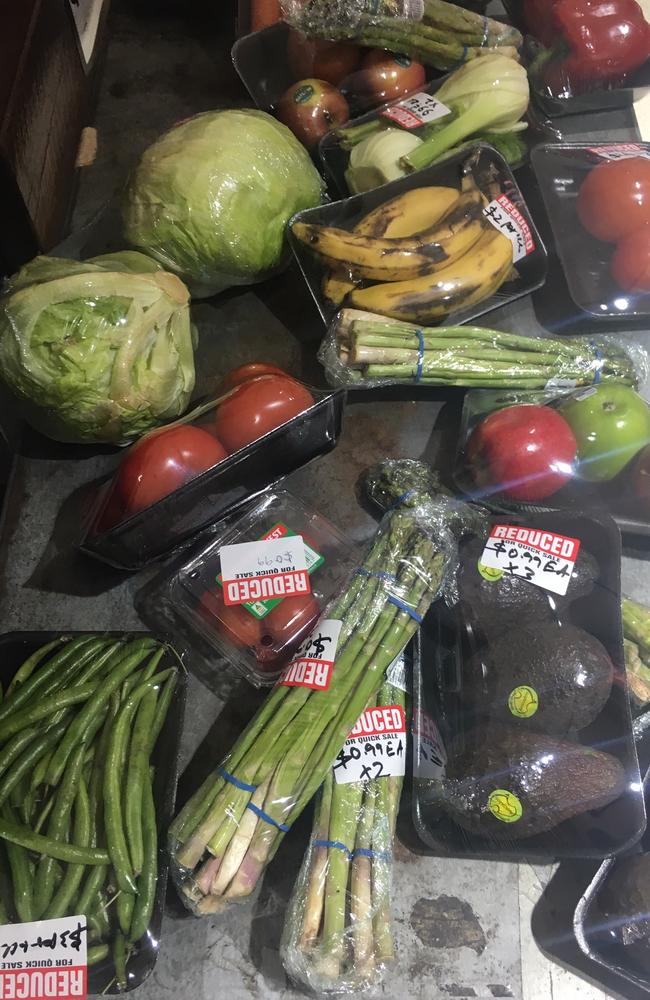
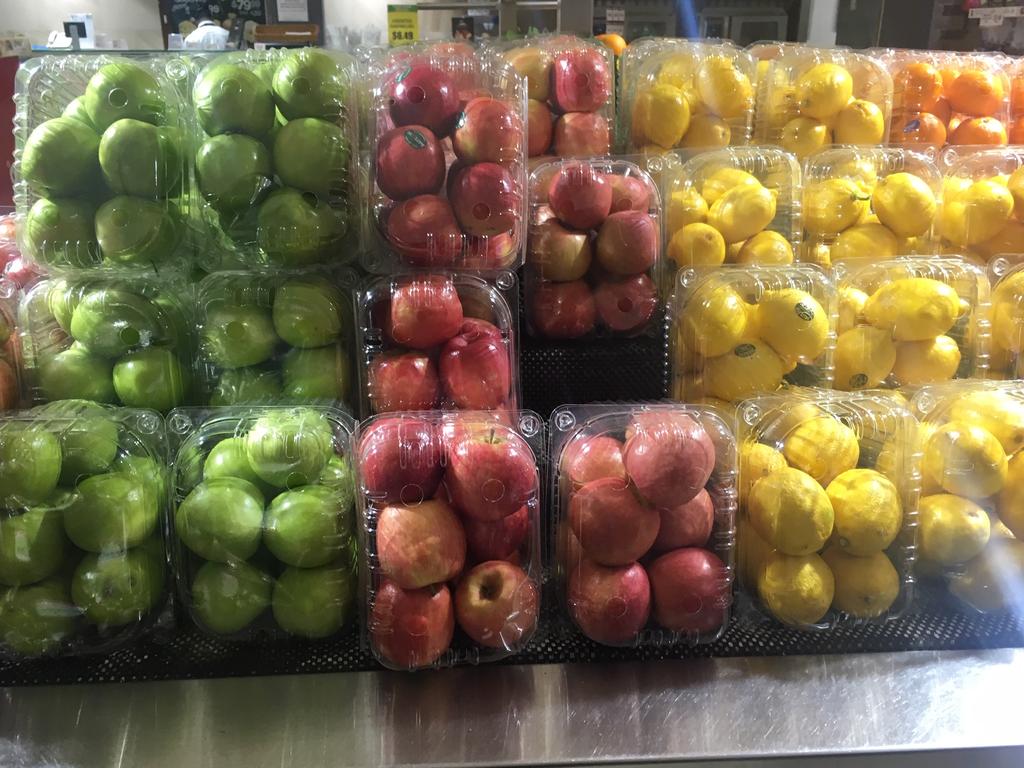
So what’s the go? Is it just about catering to people’s laziness? Is a grocery store likely to make better fruit sales if customers don’t have to do the tedious manual labour of chucking a bunch of apples into a bag and weighing it?
RMIT University’s sustainable products and packaging expert Simon Lockrey said it was a little more complex than mere convenience.
He stressed we could definitely improve in terms of the quantity and type of packaging we use to store fresh goods but noted it did serve a purpose.
“Packaging is generally designed to protect fresh produce and extend shelf life,” Dr Lockrey told news.com.au. “For instance, some studies have shown large cucumbers to have an extended shelf life from a few days to over 20 days by using plastic film. Other food types have varying performance characteristics along these lines.
“This allows produce to be delivered from further away and last longer so there is more chance it will be purchased and consumed. So, basically, there is a balancing act between packaging and food waste.”
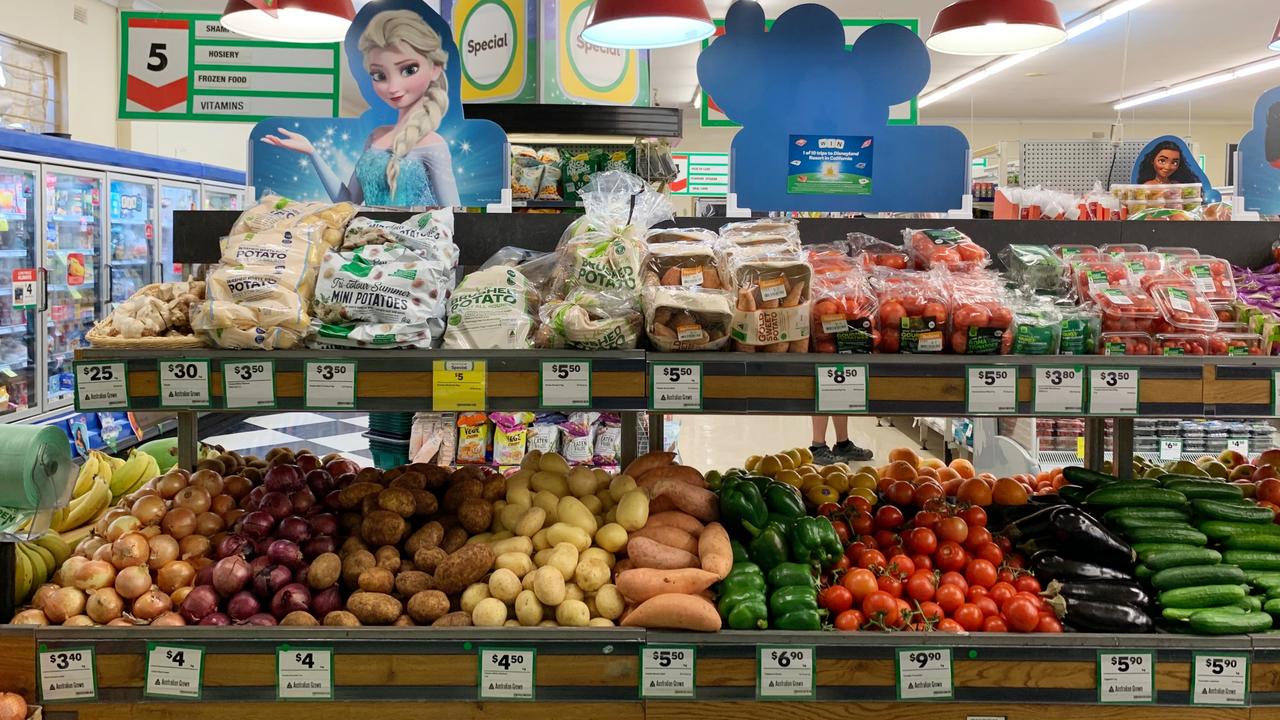
Helén Williams, professor in environmental and energy systems at Karlstad University in Sweden, has conducted research into the relationship between packaging and food wastage.
She claimed, at a rough estimate, packaging accounted for about 5 per cent of the overall climate impact, while the food we waste accounted for 95 per cent.
“Above all, packaging is meant to protect the content and then offer other functions to reduce food wastage, such as resealability which helps the food stay fresher for longer,” Prof Williams said.
Ideally, Dr Lockrey said, we would have no packaging for fresh produce. But he said supply chains across Australia were more complex than this, which means we need to protect food to get it to people to consume.
“The only way to change this would be to transform how we produce food to have a distributed rather than centralised form of food production,” he said.
However, he said we could get better with packaging by using reusable materials, packaging and waste systems that guarantee recycling and truly biodegradable packaging.
HOW ARE SUPERMARKETS COMBATING EXCESS PLASTIC?
A Woolworths spokesperson told news.com.au the supermarket chain had issued about three billion fewer plastic bags from its stores over the past year.
“While the removal of single-use plastic bags from all stores nationwide was an important step, it’s certainly not the end of our sustainability efforts,” they said.
“Over the last 18 months we have removed more than 500 tonnes of unnecessary plastic packaging across our produce and bakery categories.
“We’ve also rolled out REDcycle facilities in stores across the country which allows customers to return soft plastics from fruit and vegetables to our stores to be recycled.
“In partnership with REDcycle, we’ve now repurposed almost 500 tonnes of soft plastics into useful items like outdoor furniture and benches for community groups and stores.”
Woolworths’ long-term commitment is to have 100 per cent reusable, recyclable or compostable packaging by 2025.
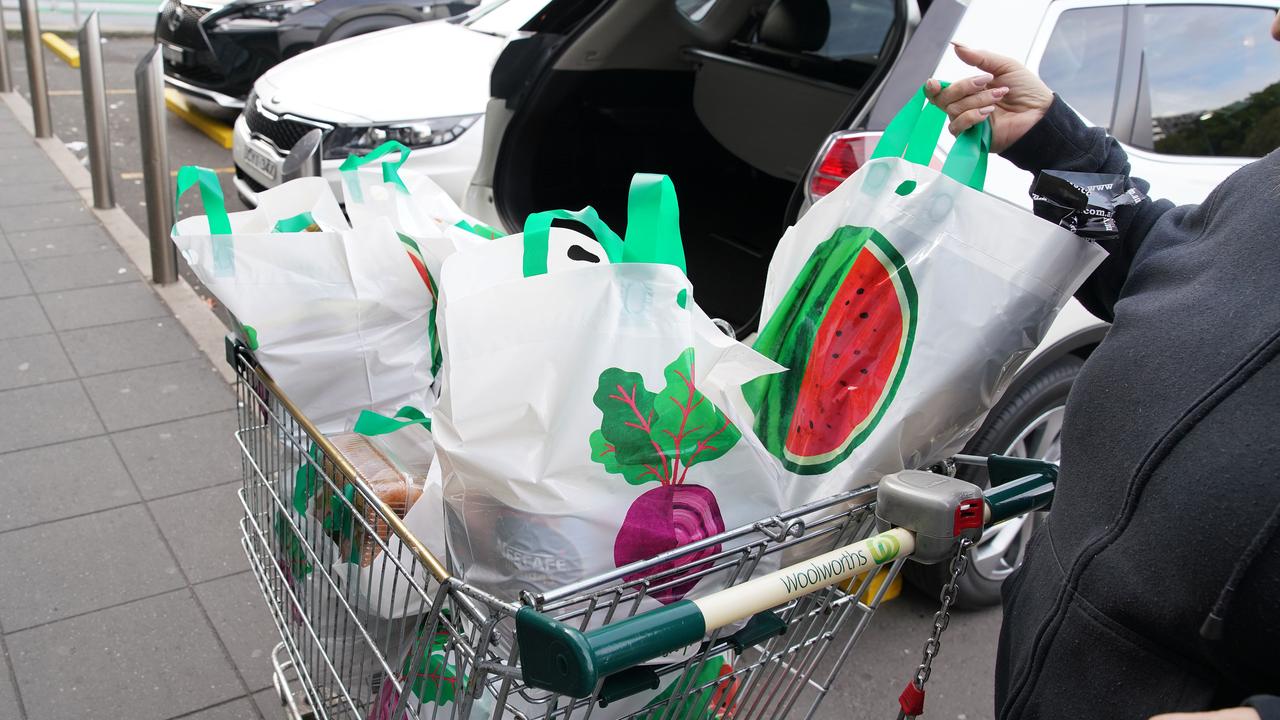
IGA has a similar time frame.
“We are part of the Australian Packaging Covenant’s Soft Plastic Working Group which was established to collaborate with government and industry partners to reduce the use of soft plastic,” a spokesperson told news.com.au in a statement.
“We will be working closely with this group to develop innovative solutions to repurpose soft plastic, including liaising with our suppliers to support the reduction of plastic packaging across our private label and fresh product range and meeting or exceeding government expectations to make all packaging recyclable, compostable or reusable by 2025.”
A Coles spokesperson said the store was working on an initiative to make packaging for all its products recyclable at kerbside or in-store by 2020.
“While the majority of Coles Brand products are now in recyclable packaging, by 2020 we will make packaging for all our products recyclable at kerbside or in store through Coles REDcycle soft plastic recycling bins — and we were the first major Australian supermarket to offer this,” they told news.com.au.
“A wide range of meat and poultry packaging will be 100 per cent recyclable and made from recycled material.
“Since 2014, Coles has used Plantic™, the world’s first ultra-high barrier renewable and recyclable material, to package Coles Brand fresh beef, pork and lamb mince.
“Coles is also actively working with our suppliers on more sustainable and recyclable forms of packaging across all products. Coles is a member of the Australian Packaging Covenant, which sets sustainable packaging guidelines, and we also have our own sustainable packaging policy.
“In addition to packaging, Coles has also halved food waste in our supermarkets by donating unsold edible food to people in need and diverting food waste to animal feed, clean energy, fertiliser and compost.”



